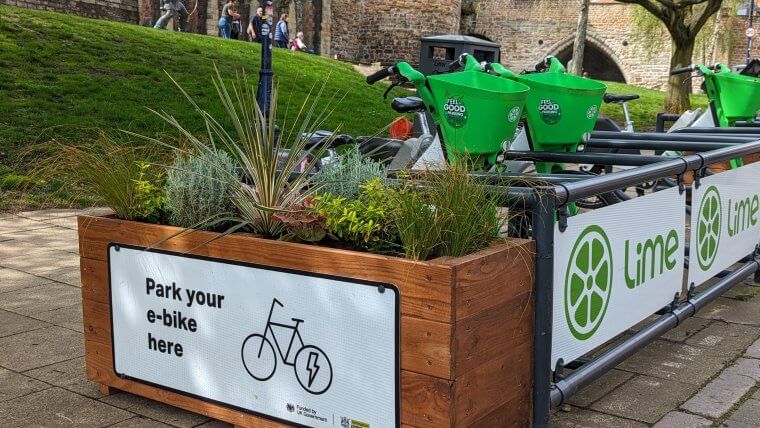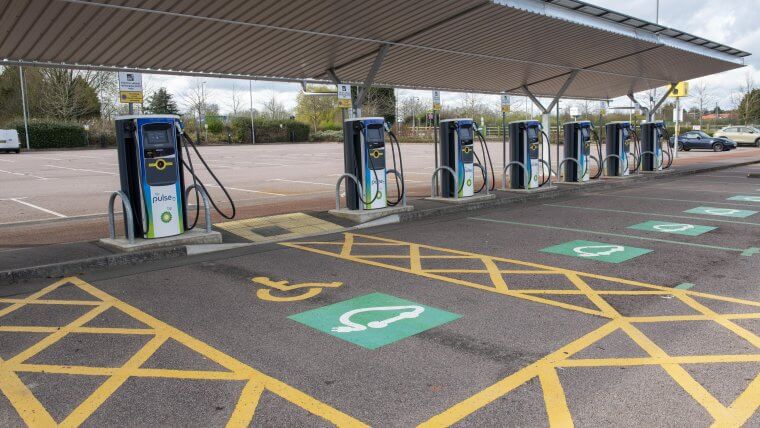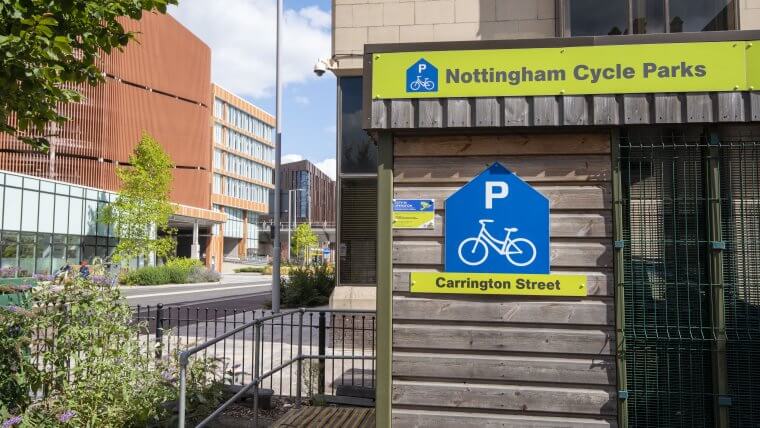10 June

Businesses in Nottingham are to be offered free trials of new electric vans after the City Council was successful in winning a £2.69m Government grant.
The money will pay for the Electric Van Experience (EVE) Project – the purchase of 50 vehicles for companies to take on a try-before-you-buy arrangement until March 2022.
The EVE fleet will include some cars and smaller vans but will mostly be made up of larger (medium and long-wheelbase) vehicles. This follows feedback from the business community and after successful integration of these vehicle types by the council.
The £2.69m funding for the project has come from Highway England’s Air Quality Fund and the vehicles will be incorporated into the council’s municipal fleet after the initial loan period ends.
The vehicles will be maintained at Nottingham Electric Vehicle Services, a workshop dedicated to ultra-low emission vehicles (ULEVs) which will provide servicing and maintenance, as well as advice and information on electric vehicles.
Highways England was particularly encouraged by the authority’s existing Workplace Travel Service, which helps businesses reduce their staff travel costs and the conversion of 30 per cent of the Nottingham City Council fleet.
It invited the council to make a proposal to encourage the transition of vans, and fleet vehicles more widely, to lower emissions on the local and strategic road network across Nottingham and Derby.
As part of the existing Go Ultra Low Programme, the Council had been successfully delivering an ULEV experience to businesses in Nottingham, enabling them to trial this type of vehicle.
The project offered up to one-month loans from a fleet of ten electric cars and vans. The programme delivered 75 loans to 41 organisations across the city before funding for the project finished at the end of March this year.
The council purchased the first fully-electric sweepers, cage tippers and minibuses in the UK and will be using the experience of this early adoption to allow Nottingham businesses to realise the benefits of electric vehicles.
Successful delivery of the new project will help make air-quality improvements on roads across the city and will contribute towards Nottingham’s carbon-neutral objectives to 2028.
The £2.69m Electric Van Experience Project funding will be invested as follows:
- 50 electric vehicles: £2.17m
- Grants to help participating businesses cover the cost of installing charging equipment: £300,000
- Creation of two electric charge-point hubs at the Eastcroft and Woolsthorpe depots for when the vehicles join the council’s fleet in 2022: £140,000
- Vehicle telematics, booking-management system, in-car camera recorders and livery to increase operational efficiency and provide performance data: £80,000
Councillor Sally Longford, Deputy Leader of Nottingham City Council and Portfolio Holder for Energy and Environment, said: “Once again our ambition and forward-thinking in Nottingham has enabled us to successfully secure further significant funding for innovative transport projects in the city.
“Following on from our popular Go Ultra Low Programme, where businesses could road-test an electric fleet vehicle for up to a month, I’m delighted that this latest funding will enable us to hand over the keys on larger electric vans for a trial period – totally free of charge.
“This gives business owners who are interested in switching from traditional diesel and petrol vehicles the ability to do that without the initial, up-front costs of buying an electric van. We can also help them with the additional expense of setting up charging points at their premises.
“I’m proud that we are increasingly held up as an exemplar when the national debate is around climate change and ground-breaking environmental projects. Our electric bus fleet and extended tram system have moved Nottingham well ahead of other cities around the country and we are lucky to have them.
“This is only the start, however. We will need to redouble our efforts in the coming years as we strive for our target to be the first UK city to be carbon-neutral by 2028.”





